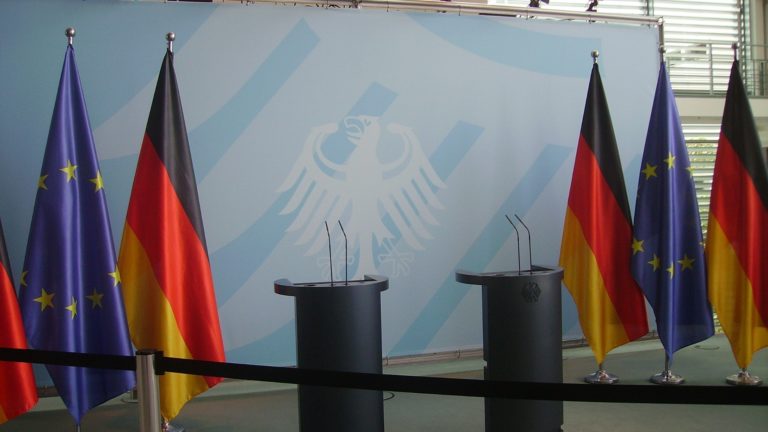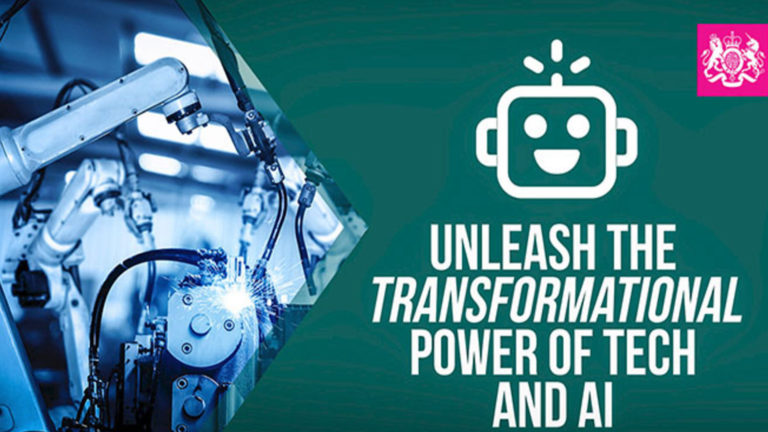Jan 02, 2019 | Srivats Shankar
As part of the NeVa project the Ministry of Parliamentary Affairs, India, will integrate AI and ML into its working

Jan 02, 2019 | Srivats Shankar
As part of the NeVa project the Ministry of Parliamentary Affairs, India, will integrate AI and ML into its working
Over the past few months, the Ministry of Parliamentary Affairs in India has made strides towards fundamentally integrating technology in the legislative work flow of multiple parliamentary and legislative bodies, both at the central and state levels. Established in the form of the NeVa program, short for National E-Vidhan, it is targeted towards improving and enhancing the existing operations of the legislative branch of government, by moving towards a paperless form of operation. Although a shift towards the digital medium is one of the main outcomes of the project, the Secretary of the Ministry, Surendra Nath Tripathi, recently indicated that this would serve as a base for developing Artificial Intelligence (AI) and Machine Learning (ML) to automate tasks relating to legislative reporting and information identification. By recognizing the critical role of data analysis in legislative functioning, the project aims to process large amounts of data from multiple data sources for the purpose of simplifying legislative tasks.
Currently in its beta stage, the NeVa website provides information on committee reports, bills presented before both houses of parliament, and the status of sitting members. From a technical standpoint the initial framework for maintaining and hosting information appears to be in place. Now the Ministry is expanding and collecting additional information for the platform, along with identifying potential mechanisms to make the information more useful through AI and ML. As indicated by Secretary the implementation of AI and ML would take place in a phased manner. Initially, its usage would be limited to data processing. However, its application towards statistical information and mapping trends is likely to become a reality. Whether such features would be made available publicly or not is yet to be seen. There is no tentative date provided by the Ministry for the implementation of these objectives, but the current goal is to release some features by the end of the year.
One of its central uses will be towards processing hundreds of thousands of questions submitted by parliamentary members, that are receive on an annual basis. The entire project is projected to be completed at a cost of ₹740 crore. This is no doubt in ideal use case situation for ML, which can identify trends and patterns within large data assets. Additionally, the ability to manage records, which currently require extensive manpower to simply catalogue and maintain, can instead be directed towards more productive tasks of review and retrieval. The implementation of the NeVa program is something that will be watched, offering an early insight into the melding of AI and law.

Srivats Shankar | May 02, 2022
The European Parliament adopted the recommendations of the Special Committee on Artificial Intelligence in the Digital Age providing a roadmap until the year 2030 regarding its impact on climate change, healthcare, and labor relations

Srivats Shankar | Mar 26, 2022
European Union reaches political agreement to introduce Digital Markets Act.

Maathangi Hariharan | Mar 22, 2021
/diːpfeɪk/
/ˌɑːtɪfɪʃl ˈdʒɛn(ə)r(ə)l ɪnˈtelɪɡəns/
/ˌɑːtɪfɪʃl ɪnˈtelɪɡəns/